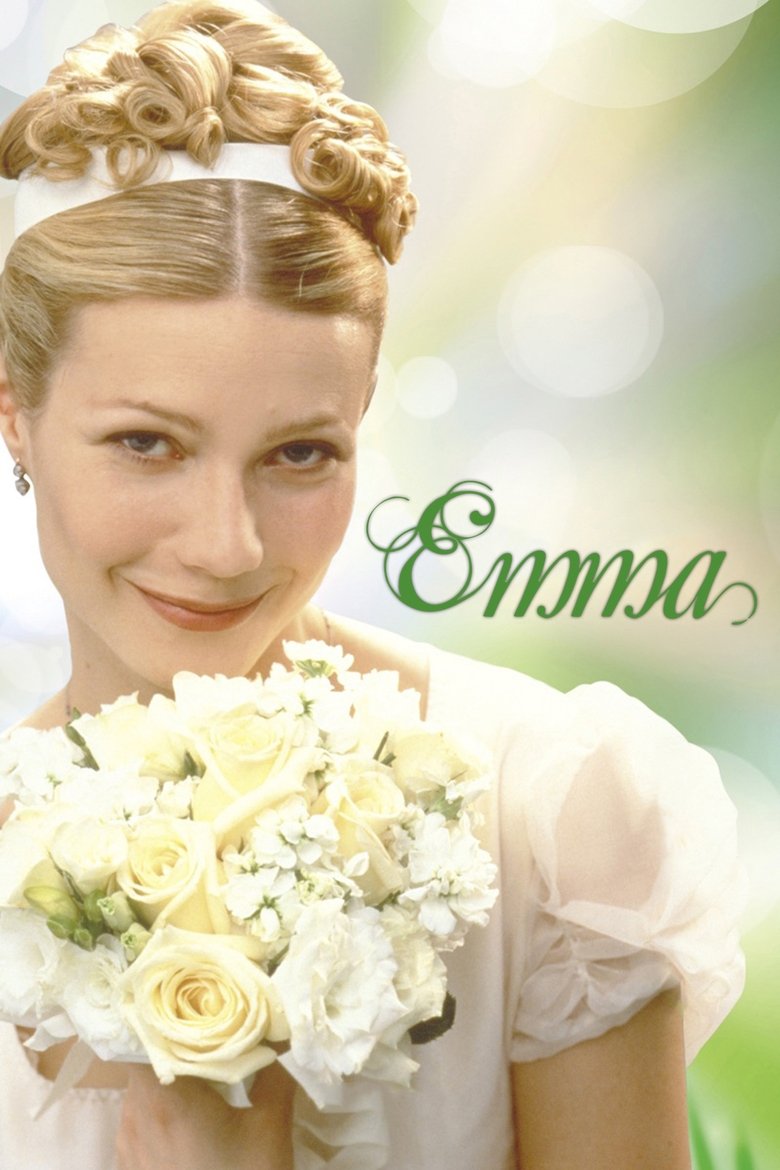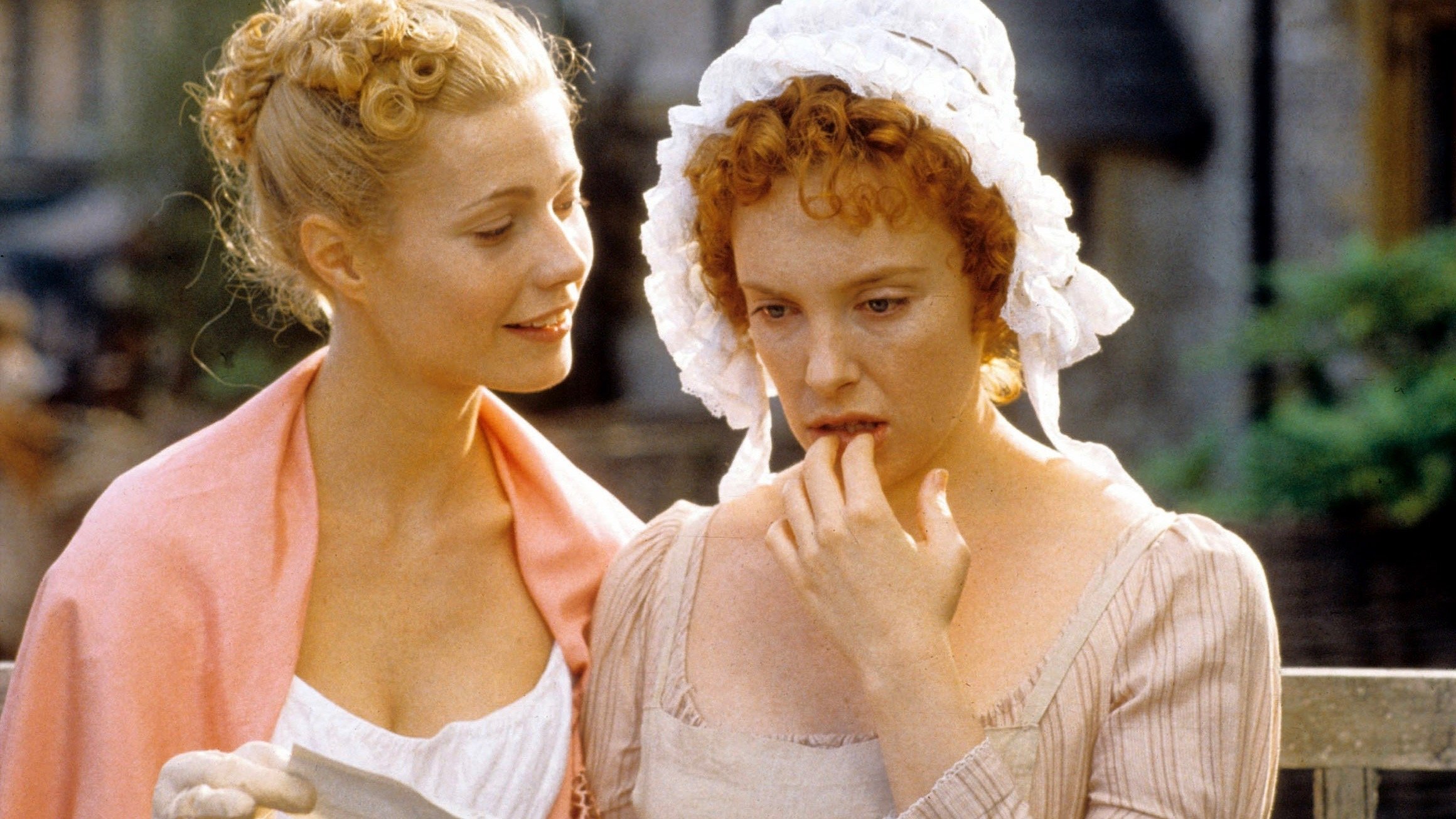**A futile and silly Emma to be taken seriously, but entertaining and has some good moments.**
Jane Austen is one of the great writers in the English language and her work has been fertile ground for adaptations and reinterpretations in theatre, television and cinema. From trash to luxury, there's no shortage of options, and each one stands out for one reason or another. This film was inspired by one of the author's novels about a charismatic and dreamy young woman who takes pleasure in gathering acquaintances and friends, and playing matchmaker. The problem is that, deep down, she herself feels lonely and doesn't really see a man capable of making her sigh, and almost all the dating arrangements she makes also end up with terrible results.
In fact, this is another one of the works where Austen criticizes the society she knows, and where people are measured by their income and land assets, leaving their character and other “secondary” details behind. It was an elitist society, more bourgeois than aristocratic (what defines a person's value is their income, and noble titles end up being a means of financial income and not a sign of honor and nobility), and where love, romance and the opinion of the bride and groom was not much considered when it came to arranging marriage. All this is visible here. Filmed as a romantic comedy of sorts, the big problem with this film is that it all feels a little too vain, superficial and silly to be taken seriously.
Gwyneth Paltrow had, in this film, one of her first roles of great notoriety, and we can say that, despite the time that has passed and the actress is still active, it is still one of the best films she has made. Paltrow knows how to be naive and well-meaning without seeming too silly for it, and she manages to deftly balance her character's attitudes in the fine interval between the gentle silliness and the excessive pampering of who she grew up with everything she wanted. Even better, Jeremy Northam does an extraordinary job and the same can be said for Toni Collete and Alan Cumming. Denys Hawthorne also does what she can, but like many of the more minor actors, she doesn't have as good material as the others.
On a technical level, the film stands out for the quality of its cinematography, sets and costumes. The production went to great lengths to recreate the era and environments realistically, believably, and intelligently. However, it is the only thing. The dialogues could frankly be better, there are virtually no notable effects (but the ones that were used work very well) and the music and soundtrack are totally worthy of oblivion.




